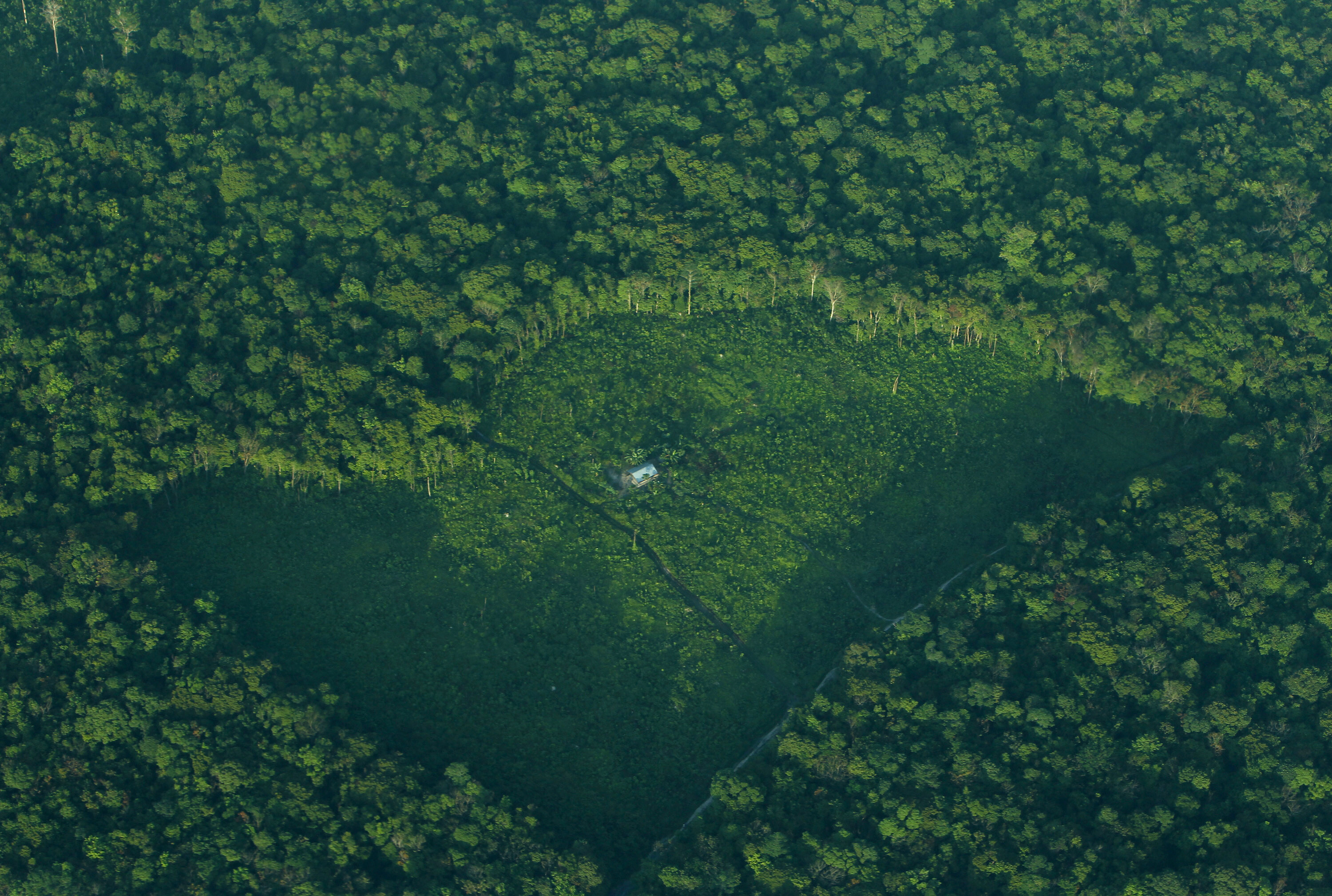What is the G20 and why does it matter?

The President of Brazil, Luiz Inacio Lula da Silva, is chairing this year's G20 summit. Image: REUTERS/Adriano Machado
This article was last updated in November 2024.
- Leaders from the world’s twenty largest economies (G20) are gathering in Rio de Janeiro, Brazil this week to discuss the world’s most pressing challenges.
- The focus on the summit will be social inclusion, global governance reform, and energy transitions.
- Also high on the list of agenda items this year are ongoing geopolitical and trade tensions, including the ongoing war in Ukraine and US-China trade relations.
This year’s Group of 20 (G20) summit is being chaired by Luiz Inácio Lula da Silva, the President of Brazil, who has pledged to use his country's presidency to give the global south a stronger voice in world decision-making.
The opening ceremony of the Summit, on 18 November, will see the launch of the Global Alliance Against Hunger and Poverty. This Brazilian initiative is aimed at mobilising countries and international organizations to make progress in the fight against hunger and poverty by 2030.
What is the G20?
The G20 is a forum of the largest economies in the world that meets regularly to discuss the most pressing issues facing the global economy.
Together, the G20 accounts for around 85% of world GDP, a percentage that has grown in the past 20 years, more than 75% of global trade and around two-thirds of the population of the planet.
It consists of 19 countries and two regional bodies. The current members are Argentina, Australia, Brazil, Canada, China, France, Germany, India, Indonesia, Italy, Japan, South Korea, Mexico, Russia, Saudi Arabia, South Africa, Turkey, the United Kingdom and the United States, plus the African Union and European Union.

What does the G20 discuss?
The G20 started in 1999, following the Asian financial crisis, as a forum for finance ministers and central bank governors from the major developed and emerging economies to discuss global financial issues.
Amid the global financial crisis in 2008, it grew into the leaders’ summit, a place where presidents and prime ministers could get together for two days to try to solve the world’s economic problems.
Successive meetings of G20 leaders were held in Washington DC in 2008, London in early 2009 and Pittsburgh in late 2009, and have since become annual fixtures.
In the run-up to summits, senior officials known as "sherpas" thrash out the issues for discussion, with the aim of getting G20 members to reach agreement at the summit. Like sherpas in the Himalayas, they help guide their leaders through often difficult terrain, and do the diplomatic legwork.
There are also meetings of finance ministers and central bank governors, trade representatives and anti-corruption working groups.
How is the World Economic Forum improving the global financial system?
Who is invited?
The G20 presidency rotates between members and is picked from different regions each year. In 2023, the G20 host was Indonesia. This year, it is Brazil’s turn, with a focus on social inclusion, global reform, and sustainability.
The heads of a number of international organizations also participate, including the International Monetary Fund, the United Nations, the World Bank and the World Trade Organization.
In a recent interview with the World Economic Forum, the World Bank's Chief Economist Indermit Gill said the world economy is facing a slow growth problem, with successive slowdowns in each decade of the current millennium.
Why the summit matters
While the G7 is made up of rich countries, the G20 brings together leaders from both developed and emerging economies, representing a far broader range of views.
It has been credited with reaching important agreements such as the trillion-dollar pledge in 2009 to help struggling economies during the global financial crisis.
However, it has sometimes proved difficult for such a diverse group of countries to reach a consensus. The hope that the G20 agenda would broaden beyond the global economy to include discussion of political issues, such as security and climate change, has not really materialized.
Don't miss any update on this topic
Create a free account and access your personalized content collection with our latest publications and analyses.
License and Republishing
World Economic Forum articles may be republished in accordance with the Creative Commons Attribution-NonCommercial-NoDerivatives 4.0 International Public License, and in accordance with our Terms of Use.
The views expressed in this article are those of the author alone and not the World Economic Forum.
Stay up to date:
Geopolitics
Forum Stories newsletter
Bringing you weekly curated insights and analysis on the global issues that matter.
More on Global CooperationSee all
Sebastian Buckup and Maximilian Martin
November 13, 2025






